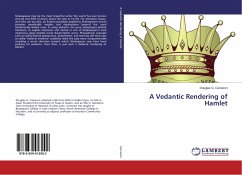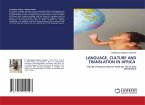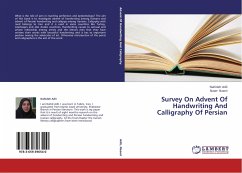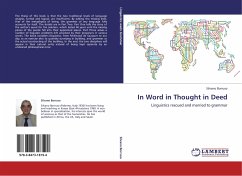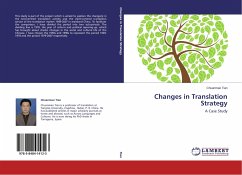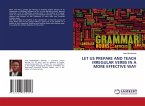Shakespeare may be the most impactful writer the world has ever known and yet very little is known about the man or his life. For whatever reason, and who can say why, an Eastern paradigm applied to Shakespeare's works provides remarkable insights and explanations beyond the usual intellectually limited ones. In using Vedanta, the pure metaphysics behind Hinduism, to explain character and motive in one of Shakespeare's most mysterious plays--Hamlet--novel discernments occur. Philosophical precepts such as reality behind appearance, detachment, and learning self-trust over so-called "material evidence" suddenly make the play more comprehensible revealing a secret direction toward which Shakespeare may have been pushing his audience. Here then, is just such a Vedantic rendering of Hamlet.
Bitte wählen Sie Ihr Anliegen aus.
Rechnungen
Retourenschein anfordern
Bestellstatus
Storno

